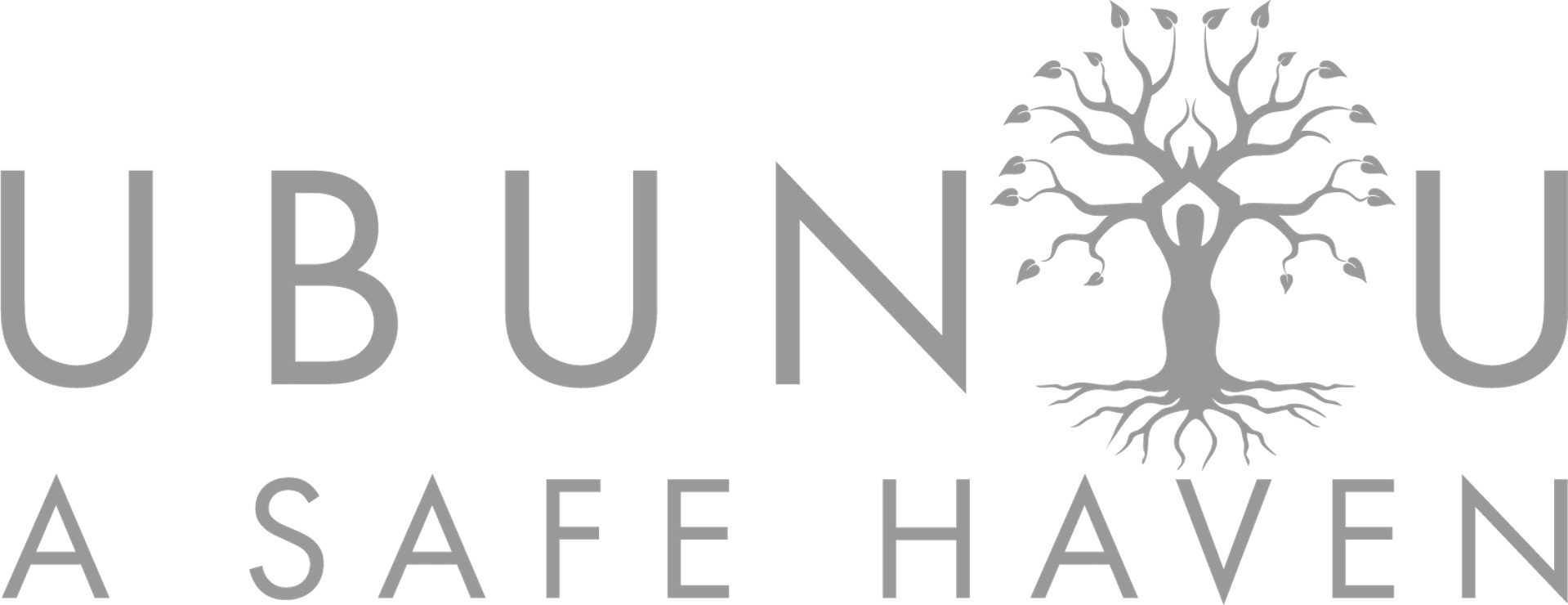The following is adapted from The Power of a Graceful Leader.
Have you ever felt an incongruence between the “you” that shows up at work and the “you” that shows up in your personal life?
I’ve worked with people who are cutthroat and rude in their professional lives, only to see them engage in loving and gentle ways with their family and friends. On the flip side, I’ve worked with people who are giving and kind at work, but stressed out and angry at home.
This is not uncommon, but I do believe it’s unhealthy and unsustainable. Segregating yourself into different “yous” is exhausting and can lead to emotional breakdowns and serious physical ailments.
In fact, this is one of the main reasons people come to me, looking for another way. They can feel their personal and professional selves grating against each other, and they want to figure out how to bridge the two, forming a holistic, consistent version of themselves.
I believe the answer lies in discovering and implementing grace. Grace is the experience of a loving, connected compassion within yourself, and it requires a meeting and fusing of your internal and external landscapes.
When you become a graceful leader, you understand your desires and your purpose for being on the planet, and you act in accordance. One cannot be graceful without being aligned. Aligning and uniting your self and soul is a key part of achieving synergy of self.
Definition of Self and Soul
To explain the alignment of self and soul, I must first define what I mean when I say “self” and “soul.” The distinction can be tricky, because both are part of you and they are often intertwined.
Your self is your ego, the thing you’ve constructed to get through this thing called life. It is created through your life experiences and your environment. It is important to note that your ego is not “bad.” It guides you in how to interact with yourself, others, and the world. It is your human interface—your programming that allows you to survive in this world. In fact, our egos are a large part of our successes.
Your soul is the thing that comes with you into this world. Your soul is your essence, the truest expression of who you are. The soul does not take into account this lifetime’s environment. If you could rewind the clock and change a person’s environment, their self would change as well; however, their soul would not. The soul is immutable. It is pure, innocent, and agenda-free. Though your soul is unique to you, all souls are the same in that they have a divine purpose.
Neither Self Nor Soul is Bad; Division is
Resist the urge to see the self and the soul as a dichotomy, as a battle between your ego and your deeper nature. The soul is not “good,” and the self is not “bad”; they simply are. The goal is not to eliminate the ego; rather, it is to ensure that your self and soul are aligned.
The division between self and soul is often subconsciously programmed early in life. When I was young, I played sports. I naturally have a competitive nature, and my experience as an athlete reinforced my innate desire to win. When I performed well as an athlete, I felt seen. Coaches would praise me, teammates would pat me on the back, spectators would cheer. When I didn’t perform, I felt invisible. My performance and my sense of self-worth subsequently became entwined.
There was one soccer game I remember in which I inadvertently kicked the ball into an opponent’s head. I was a powerful kicker, and I knew the blow must have hurt. What I really wanted to do in that situation was call a timeout and make sure my opponent was okay. I didn’t feel as if I could do that, though. The ball was still in play, and I had to get it to the end of the field. We ended up scoring, and thus I was rewarded for my lack of compassion.
Over time, I stopped caring when I saw players get hurt, because I was seen and valued for not caring. This same attitude carried over into my career in corporate America. I only felt seen when I performed, so I did whatever it took to get the results and be seen. The learned behavior of myself overshadowed my soul’s instinctive compassion.
Start by Asking Yourself Questions
People can spend years, decades, or even their whole lives oblivious to the division between their self and soul. Then one day, something happens that triggers a moment of inquiry. It could be a tragedy or a joy or a small, seemingly inconsequential experience. Whatever the case, it is something that pauses them long enough to ask, “Is this it? Is who I think I am the person I actually am?”
I work with many people in their thirties, forties, fifties, and sixties, and these are exactly the kinds of questions they’re wrestling with. They are accomplished professionally, yet something is still missing.
Simply asking these questions is a critical step in your journey into graceful leadership. Once you start asking these questions, you are exploring your soul, even if you don’t realize it yet.
Begin Bearing Witness to Your Misalignment
To bear witness to your aligning of self and soul, seek to spend time in between the two.
This means recognizing that you are not your ego. You do this by first becoming aware of your ego. You’re not making it wrong or trying to shed it like a snakeskin; you’re owning it—all of it, the glory of it and the yuckiness of it. At the same time, you’re learning to observe your ego as a part of you and not your whole being. As humans, we have multiple dimensions; the ego is just one. When you become the observer, you are bearing witness.
As you bear witness, you can begin to adjust your behavior to bring your self more in alignment with your soul. One great way to do this is to express your power while holding your compassion. Our souls are innately compassionate, so when you seek to act with compassion, your self will more closely align with your soul.
Graceful Leadership Requires Alignment
Your self and soul are at play all the time, and they’re both doing exactly what they need to do. Neither one is wrong or better than the other. Your role is to observe what they are doing so that you can choose which strategies and ways of being are needed for a particular situation.
As you learn to bring your self and soul into alignment, you will notice that graceful leadership begins to flow by extension.



